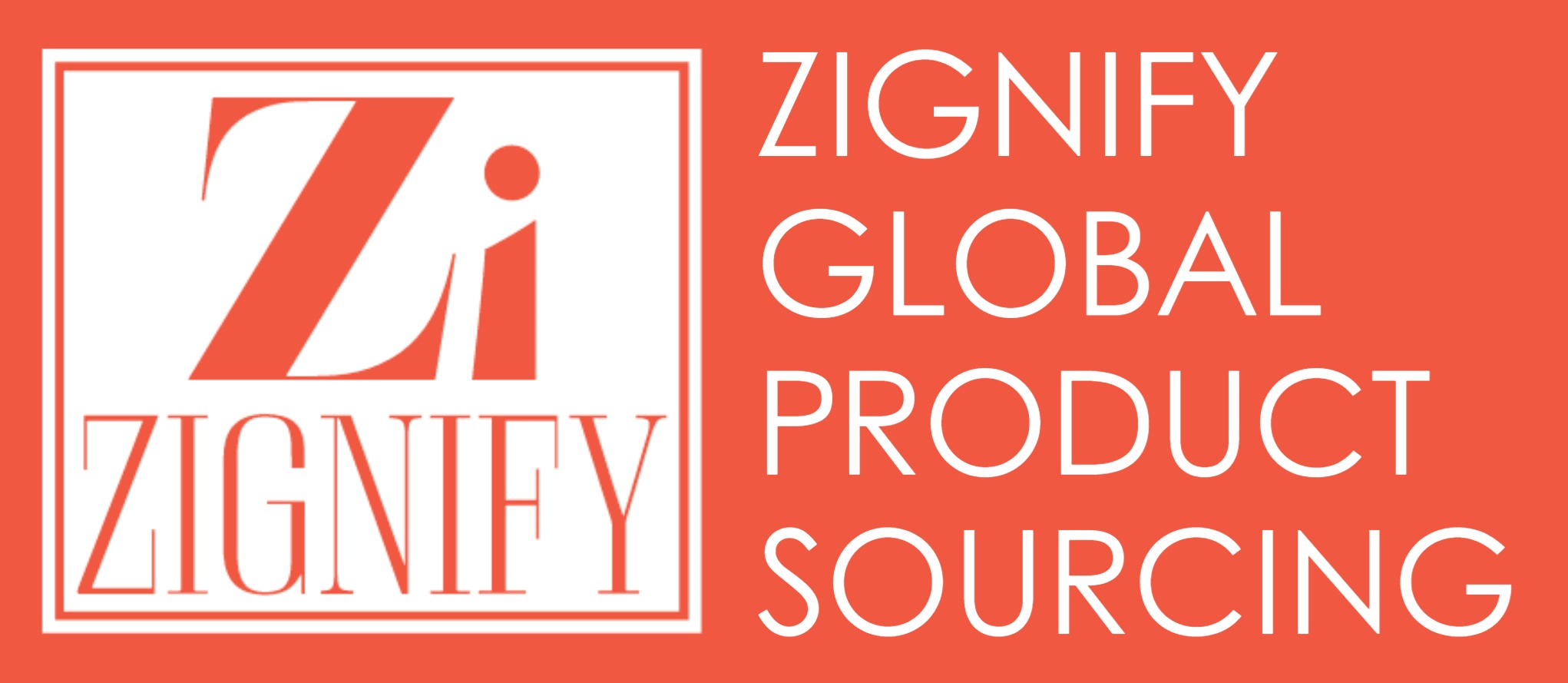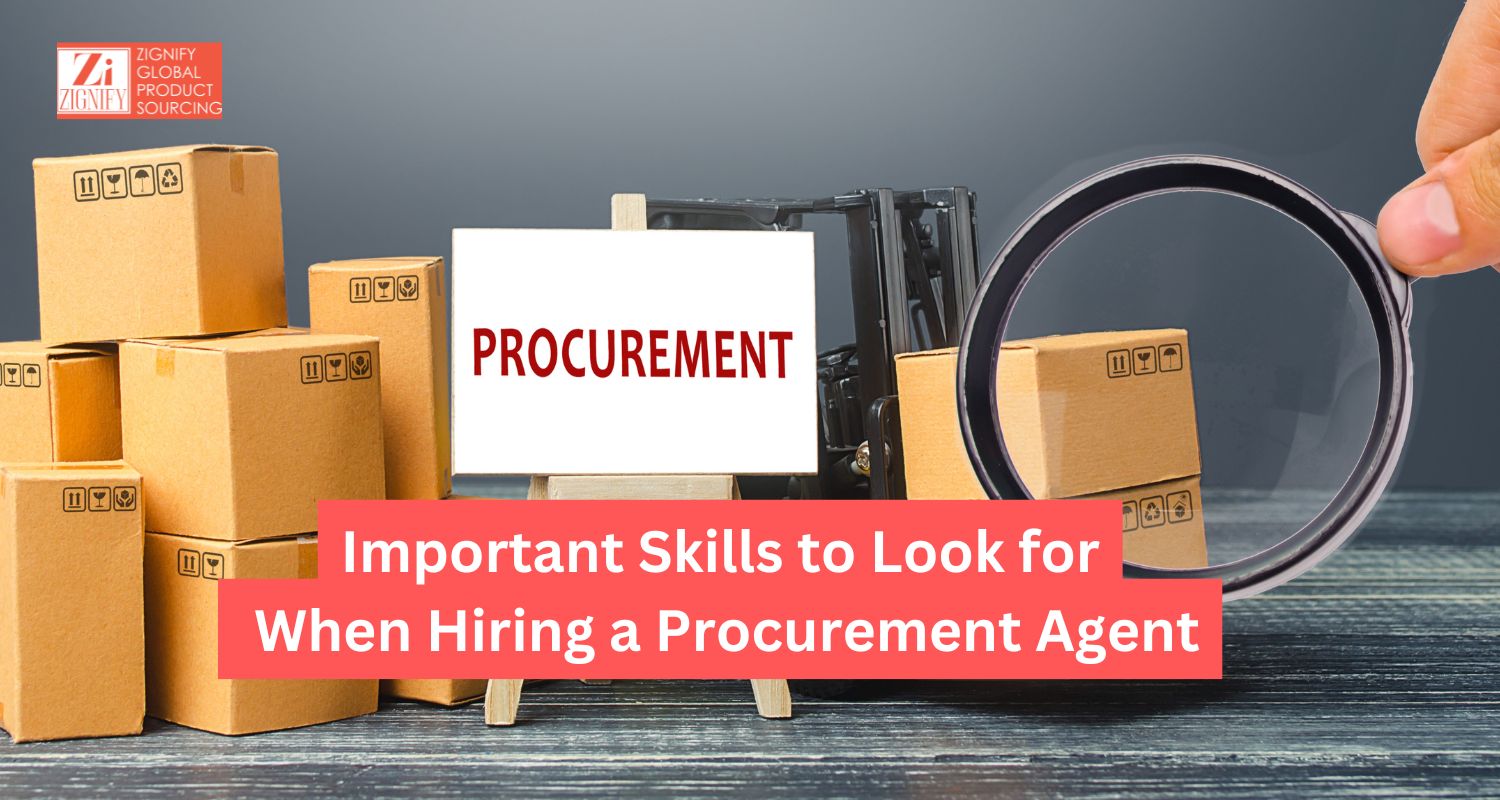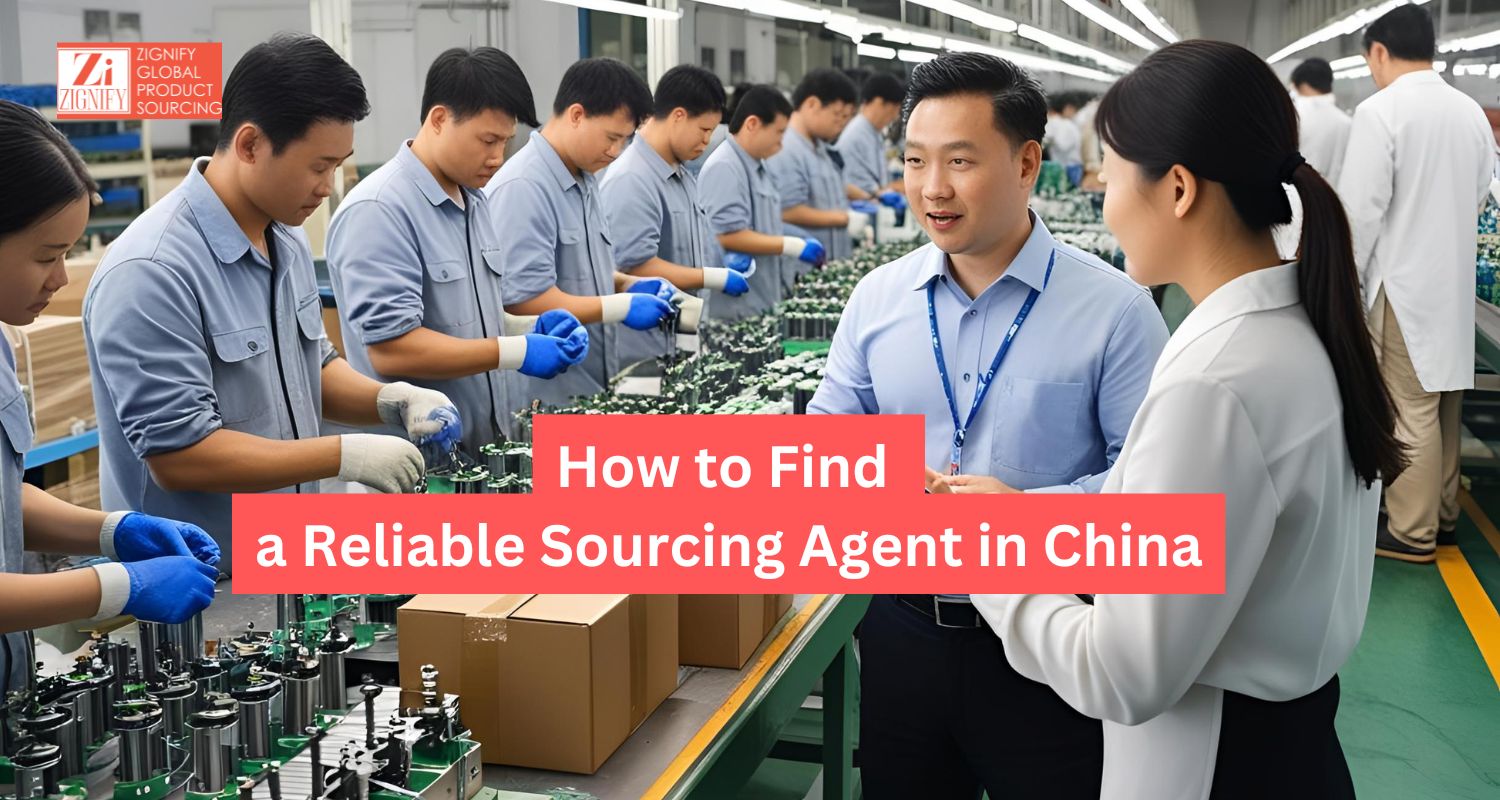
You know how e-commerce is growing like crazy, right? Businesses are constantly looking for ways to stand out and meet those ever-evolving customer demands. And let’s face it, things like customization, solid quality control, and smooth logistics are becoming absolute must-haves in any sourcing strategy.
Now, while everyone’s always talking about Vietnam, India, and Turkey, there’s a spot that’s been flying under the radar – Indonesia. Seriously, this place has so much going for it! With its rich artisan culture and solid supply chain infrastructure, Indonesia is shaping up to be a China-sourcing alternative.
From its thriving e-commerce scene to its rich cultural heritage, keep on reading to discover why Indonesia deserves your attention.
Indonesia’s Competitive Advantage in Global Sourcing
Unique Handicraft Products
Indonesia is renowned for its masterful craftsmanship, with villages specializing in woodworking, painting, and textile weaving. Sure, some of the products might be aimed at tourists, but there’s a massive market for export-worthy goods that are made with real care and tradition.
Take Bali, for example. It’s not just a paradise for tourists – it’s also a major hub for unique handmade products. Whether it’s custom furniture or sustainable materials, the craftsmanship you’ll find here is truly one-of-a-kind.
Commonly sourced items include:
- Teak Wood: Known for durability and beauty, ideal for furniture.
- Rattan: A staple for elegant home décor.
- Sustainable Goods: Recycled plastics and handmade crafts reflecting eco-conscious trends.
- Fabrics and Textiles: Indonesia is a global leader in fabric production.
- Coffee and Cocoa: Globally recognized for rich flavors and quality.
The World’s Fourth-Largest Population
With over 270 million people, Indonesia is the fourth most populous country globally, making it a powerhouse for manufacturing and e-commerce. Jakarta, its bustling capital, is one of the world’s largest cities.
Despite challenges like poverty and infrastructure issues, Indonesia boasts a thriving tech and social media ecosystem. This thriving ecosystem is bolstered by innovations in fintech, logistics, and digital marketplaces, making it easier than ever to connect with manufacturers and consumers alike.
Explosive E-Commerce Growth
Post-COVID-19, Indonesia’s e-commerce adoption skyrocketed from 60% to 90%. According to a 2023 Bain Capital and Google report, Indonesia ranked number one for e-commerce growth potential. It is projected that the county’s e-commerce market is most likely to grow rapidly, with projections suggesting it could exceed USD 75 billion by 2025. With a robust market for raw materials like essential oils and natural products, it’s a goldmine for businesses seeking unique offerings.
Unique Products at Competitive Prices
Indonesia offers a wealth of products that aren’t typically found on global e-commerce platforms like Alibaba. Whether it’s high-quality medical equipment, raw materials like coconut charcoal, or beauty products, the Indonesian market has unique offerings at competitive prices.
Beyond its cultural heritage, Indonesia is a leader in sustainable and natural products. From essential oils and incense to ethically sourced raw materials, the nation offers a plethora of unique goods that can help brands stand out.
This is especially beneficial for sellers on platforms like Amazon and Shopify, who are looking to diversify their product offerings with differentiated items that can stand out in the market.
Avoiding the China Tariff: A Major Advantage
One of the key benefits of sourcing from Indonesia is the absence of tariffs that apply to products from China. As businesses look for alternatives to Chinese manufacturers due to trade tariffs, Indonesia offers a cost-effective solution. With an increasing number of businesses seeking new sourcing destinations, Indonesia is becoming a viable option for those looking to avoid the additional 70% tariff on Chinese goods.
Customizing Products for Unique Needs
Can I customize my products when sourcing from Indonesia?
Absolutely! We believe that personalization adds significant value to any product. The ability to customize items ensures that you get exactly what you envision, whether it’s for your brand or specific client needs. When working with Indonesian manufacturers, customization is often possible.
Whether it’s altering a hand-carved door design or adjusting the colors of woven baskets, Indonesian suppliers often embrace customization, depending on the timeline and budget. This flexibility can be a huge advantage for businesses looking to differentiate their offerings in a crowded market.
White Labeling and Private Label Options
Indonesia offers a variety of white labeling options, including putting your logo on products and customizing packaging. This provides a simple yet effective way for companies to brand their products without having to invest heavily in design and production. You can source products that meet your standards, add your branding, and ship them directly to your customers—without worrying about manufacturing complexities.
The Handmade Nature of Indonesian Products
Authentic Handcrafted Goods vs. Machine-made Alternatives
A defining characteristic of Indonesian manufacturing is the emphasis on handmade craftsmanship. From artisans sitting on the floor painting statues to workers hand-carving intricate wooden pieces, the human touch is prevalent in the production process.
While some larger manufacturers on Java may use machinery for mass production, many Indonesian products are still crafted by artisans with generations of skill passed down through their families.
The Artisan Advantage: Why Handmade Matters
Handmade products carry unique value due to the craftsmanship and attention to detail involved. In Indonesia, this artisanal tradition is not just about creating products; it’s about preserving cultural heritage. Businesses can benefit from offering products that tell a story, enhancing their market appeal and adding value beyond just the material used.
Overcoming Logistics and Shipping Challenges
Indonesia’s Efficient Logistics Network
Despite common concerns about logistics in Indonesia, the country boasts a well-developed infrastructure for shipping goods worldwide. And yes, Jakarta is home to one of the world’s largest ports, the Port of Tanjung Priok, which is Indonesia’s largest container port: one of the largest ports in Southeast Asia that serves as a central hub for exports.
Additionally, Bali and other islands are also equipped with the infrastructure needed for efficient transport. With shipping routes optimized for global trade, logistics is rarely an issue when sourcing from Indonesia.
Direct Shipping or Routed Through Jakarta?
For businesses sourcing from regions outside Jakarta, many products are routed through the capital for export. However, with a variety of shipping partners available, companies can ship products directly from regions like Bali or Java, depending on the destination.
Regardless of the route, Indonesia offers competitive shipping costs, often lower than alternatives from China, which translates into immediate cost savings for businesses.
Quality Control When Sourcing From Indonesia
Unlike some other manufacturing hubs where only a small percentage of products are inspected, Indonesia’s focus on quality control is significantly more stringent. In fact, every product undergoes a detailed inspection, ensuring that it meets the required standards before being shipped. This commitment to quality is crucial in avoiding issues like damaged or subpar goods when they arrive at the buyer’s doorstep.
Here are some tips to help you take care of quality control when sourcing from Indonesia:
- Use a third-party quality control service: An independent provider can offer an unbiased perspective on the quality of your products and compliance.
- Implement regular audits: Regular audits can help maintain product standards and meet customer expectations.
- Hire quality control experts: Experts can assess the quality of your products and manufacturing processes.
- Manage logistics and customs: Ensure that products are properly packed, labeled, and handled during transportation and storage.
- Define quality standards: Clearly define your quality standards for the products you receive from suppliers.
- Build relationships with suppliers: Make sure your suppliers are aware that you are monitoring the production process.
Why Choose Indonesia Over China and Other Alternatives?
Indonesia offers something different from China, India, or even Mexico. While other countries have been on the radar for nearshoring or outsourcing, Indonesia is still relatively untapped, making it a goldmine for unique, high-quality products.
Many goods are still sourced directly from Indonesia, and with the growing emphasis on sustainability and ethical sourcing, Indonesian products offer an eco-friendly and socially responsible alternative to what’s available from other regions.
In addition to avoiding tariffs, Indonesian craftsmanship, materials, and production are increasingly recognized for their value. By sourcing from here, businesses can offer unique products that stand out in a saturated market.
Challenges & Solutions when sourcing from Indonesia
- Language Barrier: One of the first hurdles you might encounter is the language barrier. While many people in urban areas speak English, it’s still not always the case, especially in more remote regions. This can sometimes lead to misunderstandings when it comes to product specifications, pricing, or even delivery timelines, so clear communication is key.Solution: Consider hiring local employees or working with a reliable global sourcing company like Zignify Global Product Sourcing which is fluent in both English and Bahasa Indonesia. Additionally, always use clear, simple language in written communications and confirm key details with visuals, such as product photos or diagrams, to minimize misunderstandings.
- Cultural Differences: Indonesian business practices may be different from what you’re used to, especially when it comes to negotiations and decision-making processes.Solution: Take the time to learn about the local business culture and practices in Indonesia. Building strong relationships is crucial, so consider investing time in face-to-face meetings and fostering trust with your suppliers. It’s also helpful to approach negotiations with patience and flexibility. A local partner can also help guide you through the business norms, making the process smoother.
- Logistics & Shipping Delays: Indonesia is made up of thousands of islands, which can complicate transportation and shipping. Getting goods from remote regions can sometimes lead to delays, and infrastructure issues may arise, especially on smaller islands. These factors can impact your supply chain.Solution: To handle logistical challenges, work with experienced freight forwarders who are familiar with Indonesia’s infrastructure. They can help navigate the complexities of island-to-island shipping. It’s also wise to plan extra buffer time in your supply chain to account for possible delays and consider air shipping for time-sensitive orders.
- Quality control: While many Indonesian manufacturers produce excellent goods, quality can sometimes be inconsistent, particularly in certain industries.Solution:Implement strict quality control processes by setting clear standards and expectations from the outset. You can also hire third-party inspection companies to check products before shipment. We recommend regular factory visits or virtual inspections via video calls can also help you stay on top of production quality. Establishing strong relationships with suppliers ensures they are committed to meeting your quality requirements.
- Regulatory Compliance: There are specific rules for importing and exporting goods, including taxes, tariffs, and certifications that you’ll need to navigate.Solution: Make sure you are up to date on Indonesia’s import/export regulations, tariffs, and local certifications. Working with a local partner or hiring a customs broker can streamline the process. They can help you navigate complex regulations, ensure that you comply with all local laws, and prevent any unexpected issues at customs.
- Finding reliable Indonesian suppliers: The Indonesian market can sometimes lack transparency, and identifying trustworthy manufacturers takes effort.Solution: To find reliable suppliers, start by leveraging reputable B2B platforms like Alibaba or attending industry trade shows in Indonesia. Additionally, partnering with a trusted sourcing agency, such as Zignify Global Product Sourcing, can significantly streamline the process. With a deep understanding of the local market, they can connect you with top-tier Indonesian manufacturers. N/B: Always verify potential suppliers by checking their business licenses, certificates, relevant documents, conducting factory visits, and requesting references from other clients to ensure credibility and reliability.
- Ethical sourcing: This can be a concern, especially in industries like textiles or electronics. Labor standards might not always align with international expectations.Solution: Ensure that your suppliers adhere to ethical labor practices by conducting regular audits and requiring certifications like Fair Trade or ISO 9001. Work with suppliers who can demonstrate transparency in their labor practices and environmental responsibility. You can also visit factories or hire third-party auditing services to assess conditions on the ground.
- Supplier Transparency: Lastly, some suppliers may not be fully transparent about their operations, which can make it harder to track production timelines and understand the true cost of goods.Solution: Ensure that your suppliers adhere to ethical labor practices by conducting regular audits and requiring certifications like Fair Trade or ISO 9001. Work with suppliers who can demonstrate transparency in their labor practices and environmental responsibility. You can also visit factories or hire third-party auditing services to assess conditions on the ground.
Final Thoughts: The Untapped Potential of Indonesia
You know, when it comes to sourcing, Indonesia is seriously one of those “hidden gems” that people just aren’t talking about enough. The country has this perfect mix of rich craftsmanship and a booming e-commerce market, making it an amazing spot for anyone looking to diversify their sourcing strategy. Plus, it’s got some seriously high-quality products you won’t find just anywhere.
So, how about we make this discovery together? We’ve got a sourcing trip to Indonesia coming up soon, and honestly, it’s the perfect chance to explore what this incredible place has to offer. Let’s learn, uncover, and experience the magic of Indonesia’s sourcing world together. We promise it’s going to be a trip you won’t want to miss! Let’s go!




